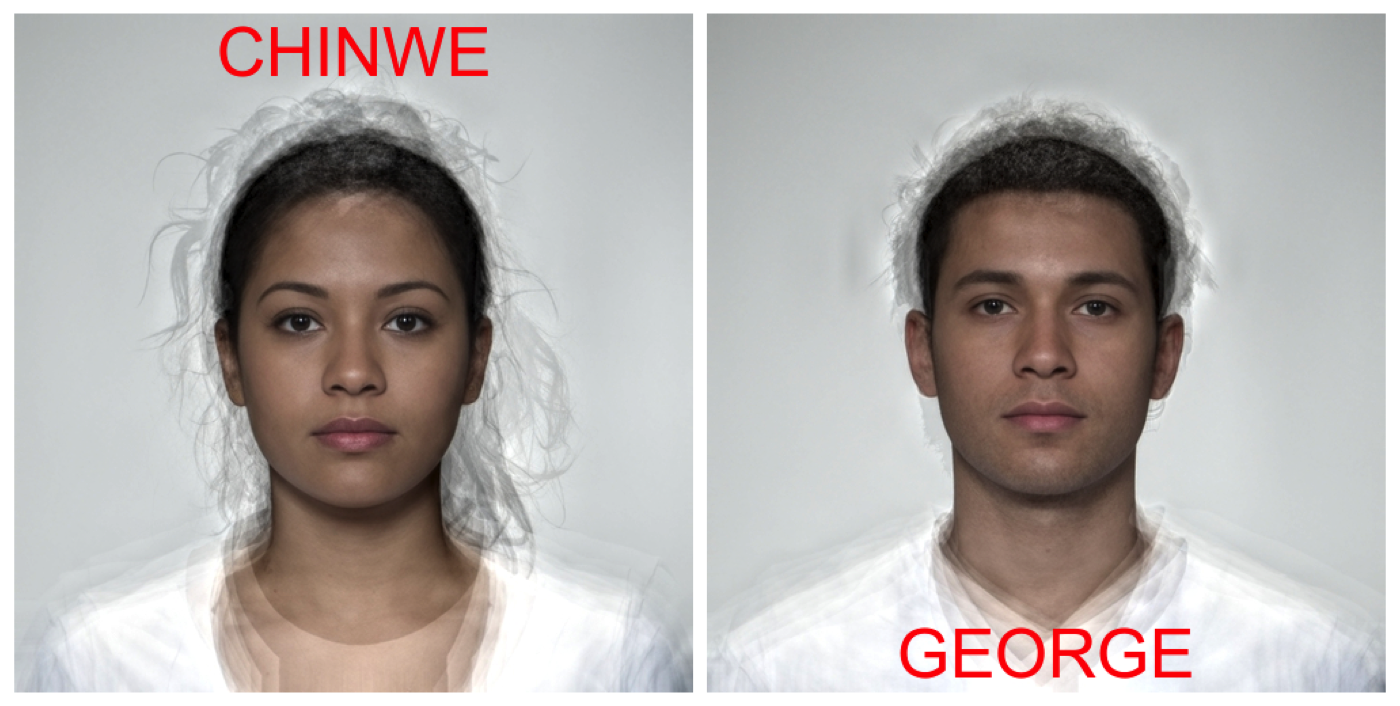Label image using magick::image_annotate. All arguments are vectorised over the stimuli and values are recycled or truncated if there are fewer or more than stimuli. Setting a font, weight, style only works if your imagemagick is compiled with fontconfig support.
Usage
mlabel(
stimuli,
text = TRUE,
gravity = "north",
location = "+0+0",
degrees = 0,
size = 0.1,
font = "sans",
style = "normal",
weight = 400,
kerning = 0,
decoration = NULL,
color = "black",
strokecolor = NULL,
boxcolor = NULL
)Arguments
- stimuli
list of stimuli
- text
a vector of the label text(s) or TRUE to use stimlist names
- gravity
string with gravity value from
magick::gravity_types.- location
geometry string with location relative to gravity
- degrees
rotates text around center point
- size
font size in pixels or proportion of image width (if < 1.0)
- font
string with font family such as "sans", "mono", "serif", "Times", "Helvetica", "Trebuchet", "Georgia", "Palatino" or "Comic Sans".
- style
value of
magick::style_types(): "Undefined", "Any", "Italic", "Normal", "Oblique"- weight
thickness of th e font, 400 is normal and 700 is bold.
- kerning
increases or decreases whitespace between letters
- decoration
value of
magick::decoration_types(): "LineThrough" "None", "Overline", "Underline"- color
a vector of the label colour(s)
- strokecolor
adds a stroke (border around the text)
- boxcolor
adds a background color
See also
gglabel() for a labeller using syntax like ggplot2::annotate()
Visualisation functions
as_ggplot(),
draw_tem(),
gglabel(),
label(),
plot.stimlist(),
plot.stim(),
plot_rows(),
plot_stim()

